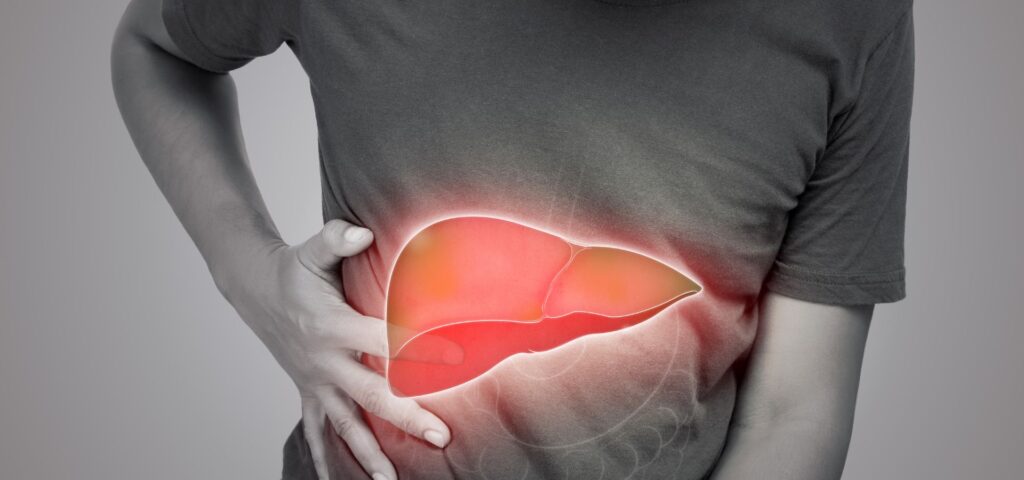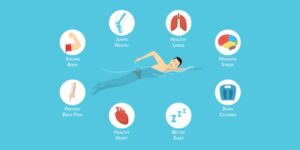How to Support Your Liver’s Natural Healing Process

Can the Liver Heal Itself? A Remarkable Truth About This Vital Organ
The liver is one of the most important organs in the human body. It plays a vital role in filtering toxins, producing bile, and metabolizing nutrients. Unlike many other organs, the liver has an amazing ability to heal and regenerate itself. But how does this process work, and what can you do to support it? Let’s explore the science and practical tips to keep your liver healthy.
Understanding the Liver’s Role in Your Body
Before diving into its healing ability, it’s important to understand the liver’s functions:
Detoxification: The liver filters toxins from the blood, including alcohol, drugs, and harmful substances from food.
Nutrient Processing: It processes proteins, fats, and carbohydrates to supply energy and build essential body components.
Bile Production: Bile helps break down fats in the digestive system.
Storage: The liver stores essential vitamins, minerals, and sugars.
Clearly, a healthy liver is essential for overall well-being.
Can the Liver Really Heal Itself?
Yes, the liver has a unique capacity to heal and regenerate. In fact, it can regrow to its full size even after losing up to 70% of its mass. This ability is due to hepatocytes, the primary liver cells responsible for regeneration.
However, the extent of liver healing depends on the severity of the damage and lifestyle factors. Mild to moderate damage caused by poor diet or occasional alcohol consumption can often be reversed. Severe damage, such as advanced cirrhosis, is harder to recover from.
Common Causes of Liver Damage
To understand how to heal the liver, it’s essential to know what causes damage in the first place. Common factors include:
Alcohol Abuse: Excessive drinking is a leading cause of liver disease.
Poor Diet: High-fat, high-sugar diets can lead to fatty liver disease.
Obesity: Being overweight increases the risk of non-alcoholic fatty liver disease (NAFLD).
Medications: Overuse of certain drugs, such as acetaminophen, can harm the liver.
Infections: Hepatitis B and C can cause long-term liver damage.
How to Support Liver Healing Naturally
If your liver is damaged but not beyond repair, you can take steps to help it heal. Here are practical tips:
- Maintain a Healthy Diet
Eating liver-friendly foods can make a huge difference. Focus on:
Leafy Greens: Spinach, kale, and other greens help reduce liver inflammation.
Fruits and Vegetables: High in antioxidants, they protect liver cells from damage.
Healthy Fats: Olive oil, nuts, and avocados support liver health.
Lean Proteins: Chicken, turkey, and legumes provide essential nutrients.
Avoid processed foods, sugary snacks, and fried items.
- Limit Alcohol Intake
Alcohol is one of the liver’s biggest enemies. If you drink, do so in moderation. For those with liver damage, it’s best to avoid alcohol entirely.
- Stay Hydrated
Water helps flush toxins from your system, reducing the burden on your liver. Aim for at least eight glasses a day.
- Exercise Regularly
Physical activity helps reduce fat buildup in the liver. Aim for at least 30 minutes of moderate exercise, such as walking or cycling, five times a week.
- Manage Weight
Obesity is a major risk factor for liver disease. Losing even a small percentage of your body weight can improve liver health.
- Be Cautious with Medications
Always follow your doctor’s advice when taking medications. Avoid self-medicating with over-the-counter drugs, especially painkillers like acetaminophen.
- Get Regular Health Checkups
Routine blood tests can help monitor liver function and detect any issues early.
Lifestyle Changes for Long-Term Liver Health
Healing your liver is only the first step. Maintaining a healthy lifestyle is essential for long-term liver health. Here’s what you can do:
Adopt a Balanced Diet: Stick to whole, unprocessed foods.
Stay Active: Make exercise a part of your daily routine.
Avoid Toxins: Limit exposure to chemicals and pollutants.
Get Vaccinated: Protect yourself from hepatitis A and B.
Quit Smoking: Smoking can harm liver cells and increase the risk of liver cancer.
Myths About Liver Healing
Let’s clear up some common misconceptions:
- “Once damaged, the liver can’t heal.”
This is false. The liver has an incredible ability to heal itself, but timely intervention is crucial.
- “Only alcoholics get liver disease.”
Not true. Even non-drinkers can develop liver problems due to poor diet, obesity, or infections.
- “Detox drinks can heal the liver.”
There’s no scientific evidence to support the effectiveness of detox drinks. The best way to heal your liver is through a healthy lifestyle.
When to See a Doctor
While the liver can heal itself, professional medical advice is essential if you experience symptoms such as:
Yellowing of the skin and eyes (jaundice)
Persistent fatigue
Unexplained weight loss
Abdominal pain or swelling
Dark urine or pale stools
Early diagnosis and treatment can make a significant difference.
Conclusion
The liver is a resilient organ with the remarkable ability to heal itself. By adopting a healthy lifestyle, you can support your liver’s natural healing process and maintain its health for years to come. Remember, prevention is always better than cure. Take care of your liver, and it will take care of you.




